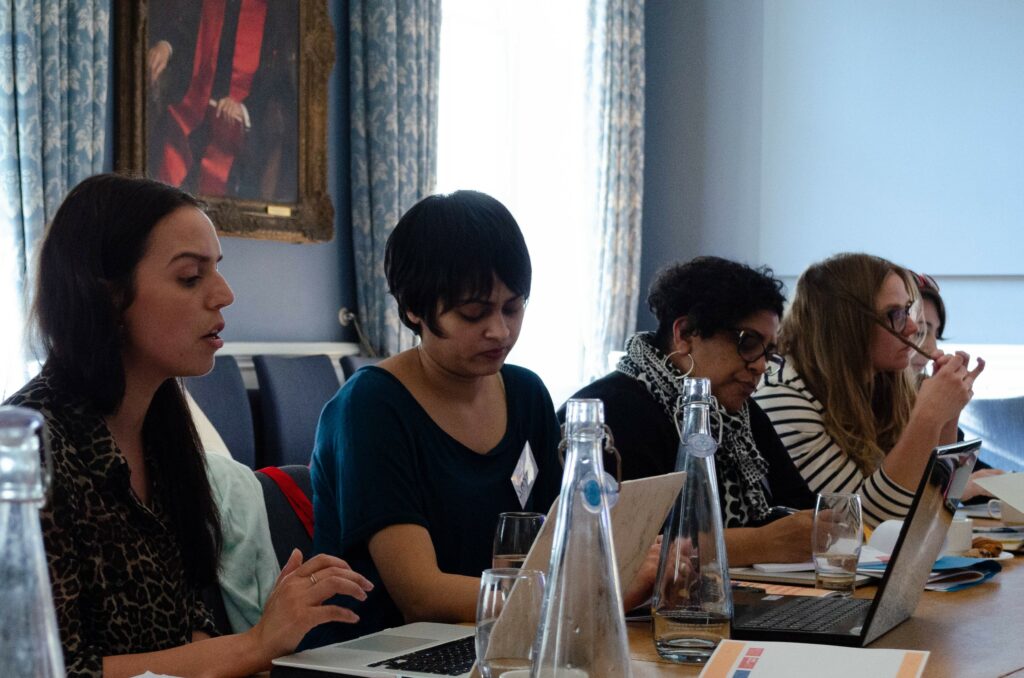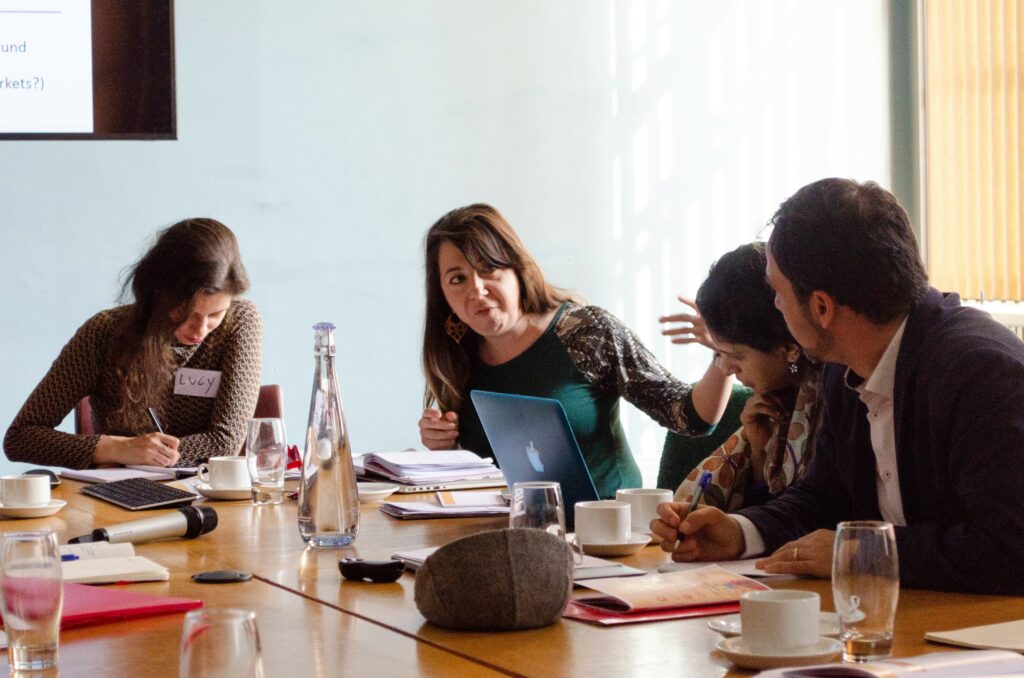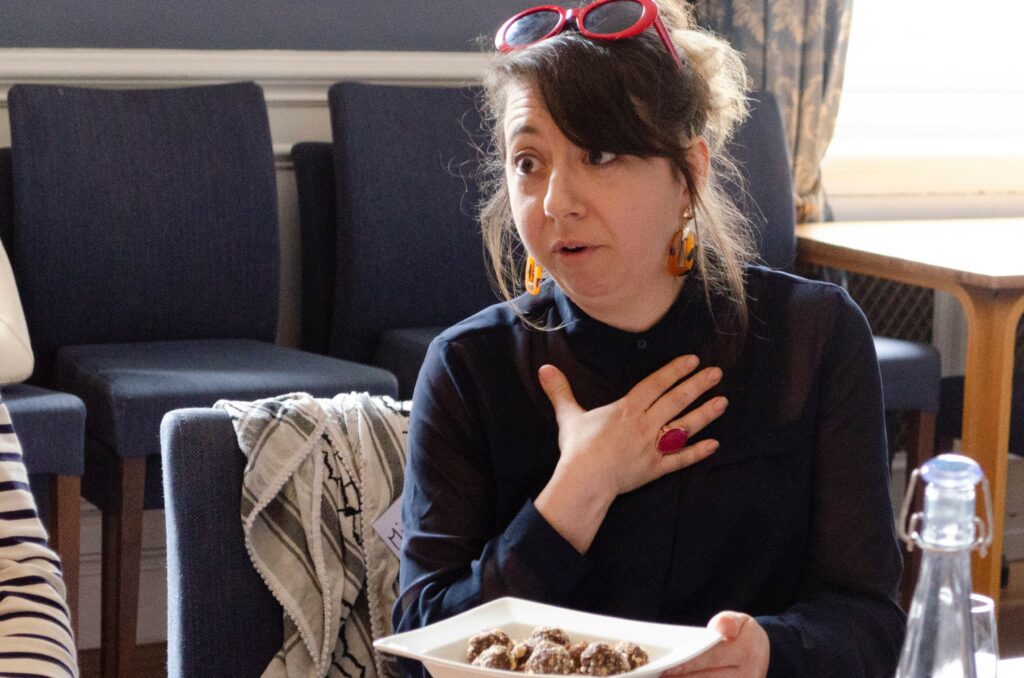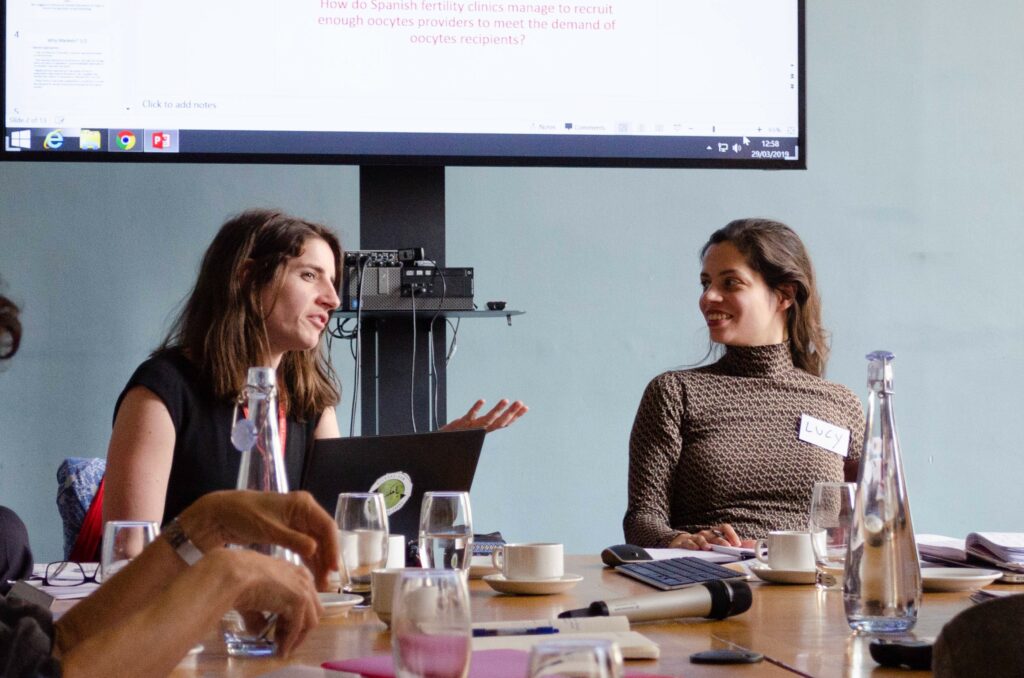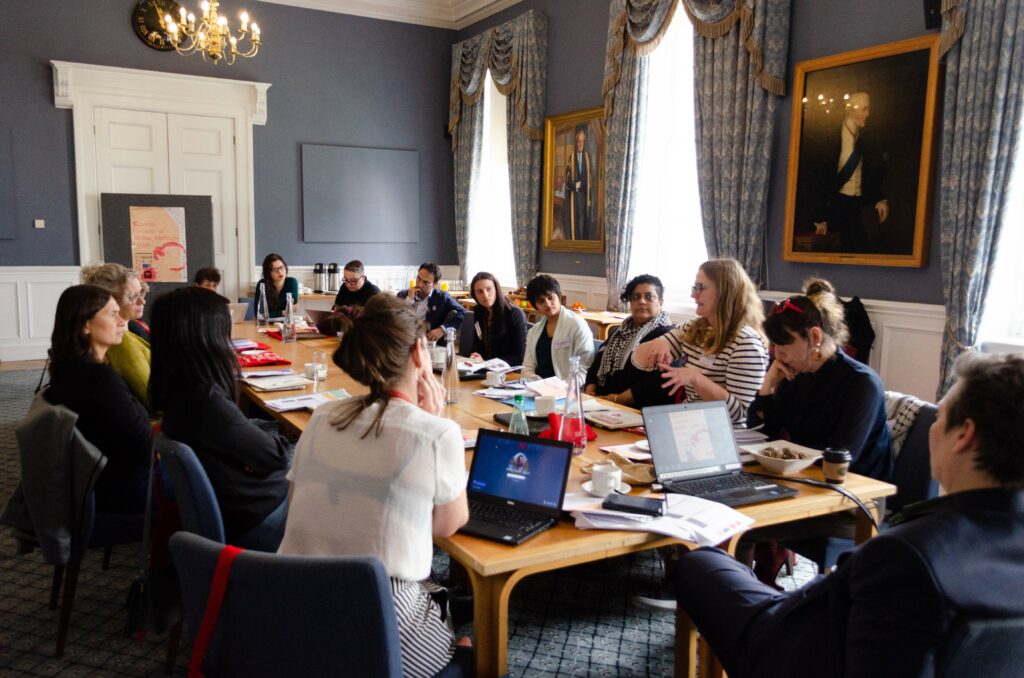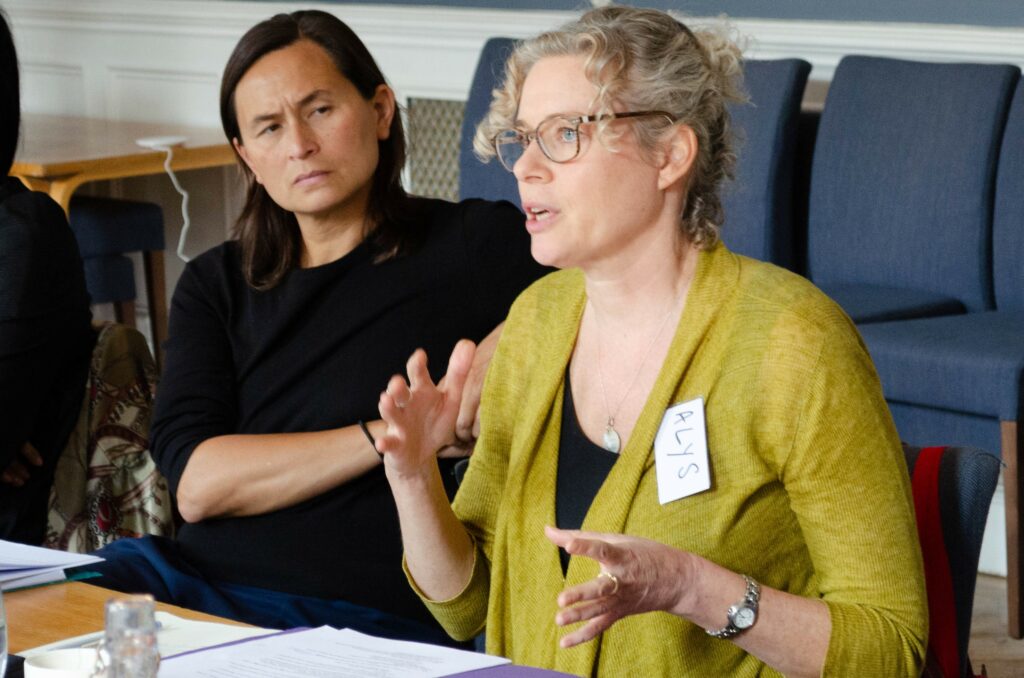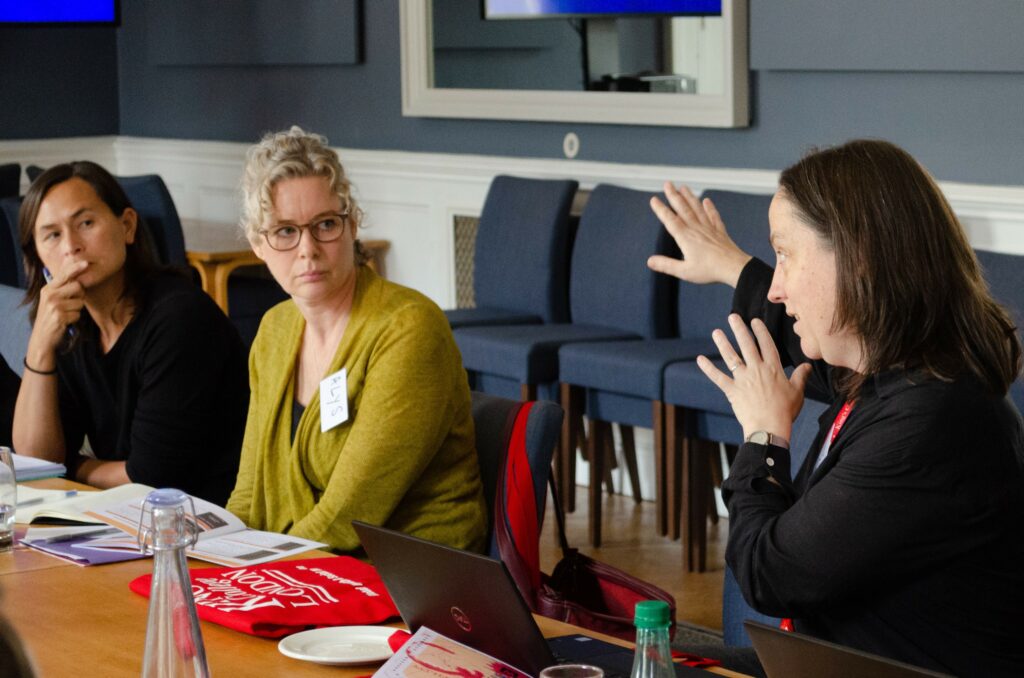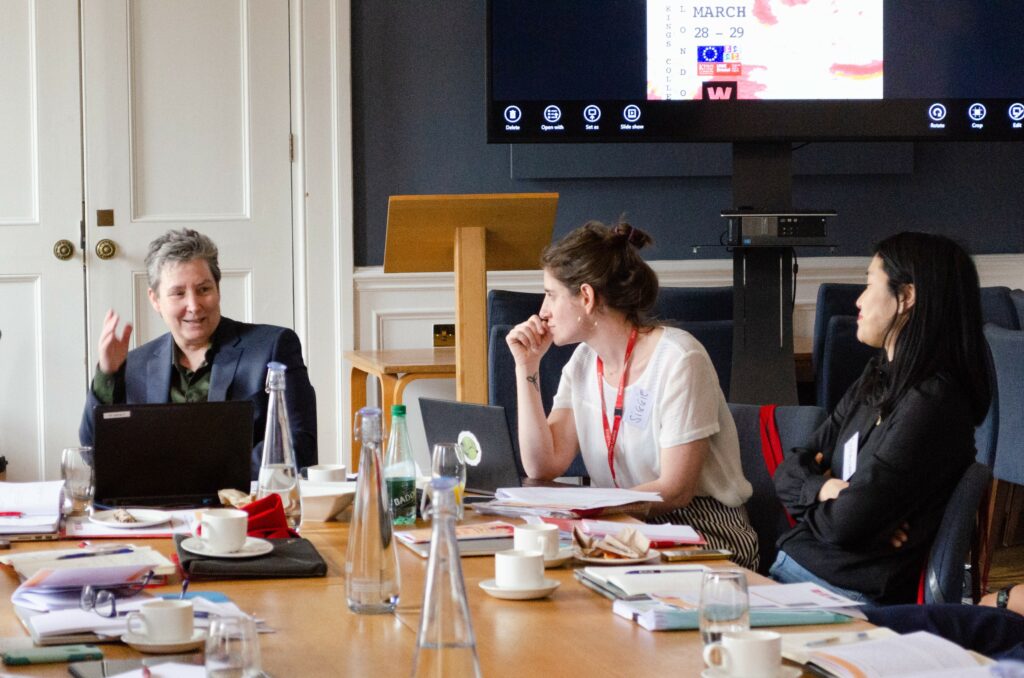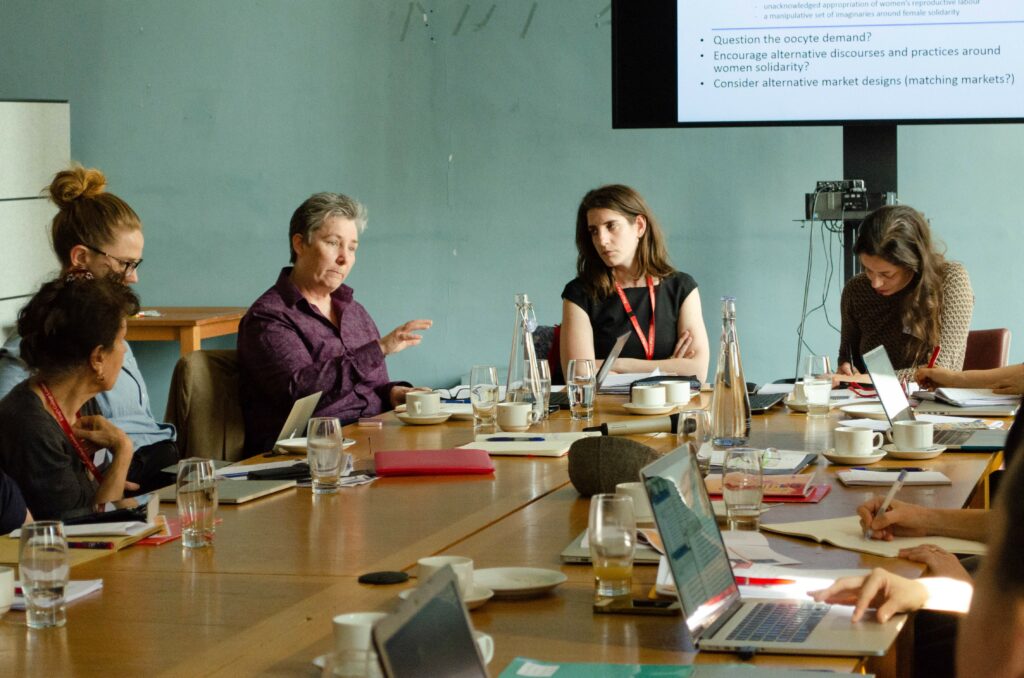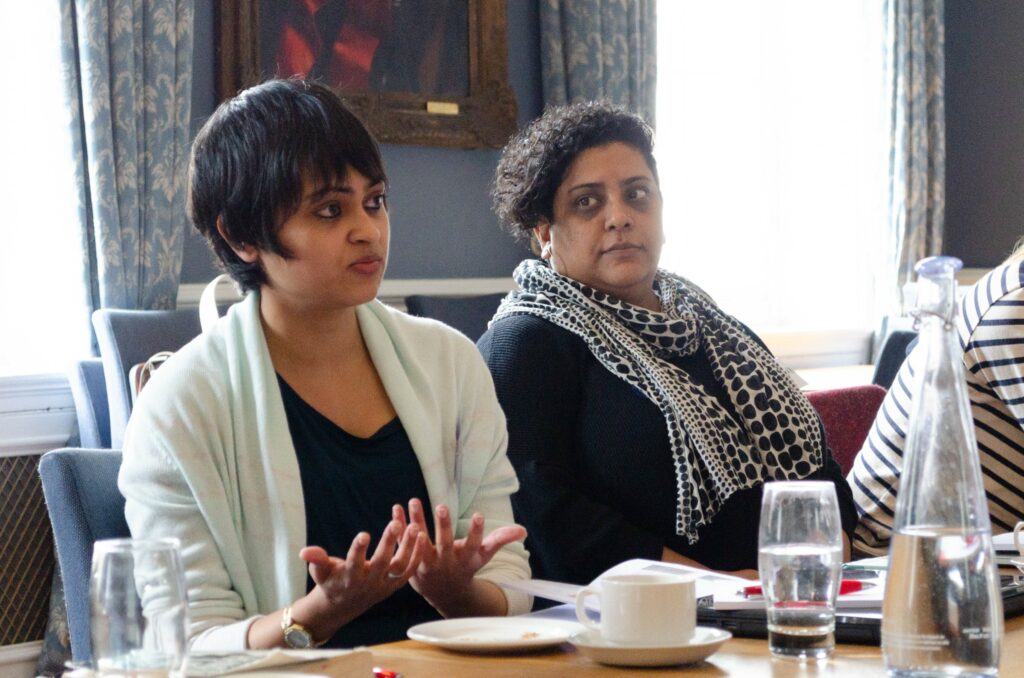Collaborators
Project history
Since the mid-2000s transnational surrogacy has transformed into a popular and lucrative niche in the global fertility market, assisting mostly economically well-off infertile couples in making their procreative dreams come true. As part of what has been called the new sexual division of labour, women from the Global South and East are increasingly commodifying their reproductive bodies, capacities and biologies by working as surrogates or egg cell providers. In 2017, Siggie Vertommen received a Marie Curie fellowship at King’s College London to conduct fieldwork-based research on the global surrogacy chain between Israel/Palestine and Georgia. In 2019, she obtained a postdoctoral grant from the Belgian Fund for Scientific Research (FWO) to continue this research at Ghent University and explore how the Ukrainian egg cell market fits into the global fertility chain between Israel/Palestine and Georgia.
Surrogacy and egg donation arrangements are often perceived as “neo-colonial, patriarchal, exploitative nightmares” by policy makers, researchers and activists alike. Market critics therefore propose a gift system based on altruistic donations, while market proponents encourage the commercialisation of reproductive tissues and services. This project transcends these moral dilemmas by mapping the changing regimes of labour and property in one ‘actually existing’ fertility chain that is becoming increasingly popular, i.e. between Israel/Palestine, Ukraine and Georgia. Siggie is ethnographically mapping the reproductive trail of Israeli commissioning parents as they outsource the reproductive labour of gestation and ovulation to available and affordable egg cell providers in Ukraine and surrogates in Georgia in an attempt to have genetically related children.
In the summer of 2017 and the spring of 2018, Siggie teamed up with the Belgian audiovisual artist Aïlien Reyns for a multimedia reportage(pictures and article in Mo Magazine), funded by Fonds Pascal Decroos, on the baby business between Israel and Georgia.
Building on this work, Siggie Vertommen, Michal Nahman and Bronwyn Parry obtained a Wellcome Trust (2018-2019) grant to look at the global political economy of cross-border reproduction, the networked markets to which it gives rise and their variegated regimes of property, labour and capital accumulation. This resulted in various international conferences, workshops, publications and reading groups.
Workshops, conferences and events
Mining Back: Data Skills for Researching Corporations and Governments
(9 December 2019, King's College London)
During this workshop with Dr. Anna Feigenbaum we bring together key strategies for investigative research on the global fertility industry, showcasing a range of data sources, as well as freely available and easy to access tools that can be used to ‘mine back’ or obtain and analyse data of government and corporate elites. Geared toward non-coders, qualitative researchers and those with limited budgets and resources, these strategies for ‘mining back’ include advanced searching techniques, data scraping from a webpage, liberating PDF tables, and creating visual power-maps. This workshop focuses on the reproductive technologies industry in the UK, but most of the skills and resources we will introduce are adaptable across any research project engaged in investigating corporations or governments.
Resistance is Fertile: Reproduction, Politics and Resistance
(14 September at Goldsmiths in London)
This is a one-day conference, organised by Grace Tillyard, Claire Horn and Siggie Vertommen that takes the politics of reproduction as its starting point, and focuses on questions related to the social, technological and political economic dimensions of reproduction as a site of oppression and resistance. The conference includes a keynote by Ruha Benjamin (Princeton), four panels on reproductive justice, labour, digital media and borders, and a closing round table with activists and organisers. More info on the conference, here
They say it's love but is it actually unpaid work?
(17 June Antiuniversity Festival, London)
During this workshop with members of the Women’s Strike Assembly UK and Decrim Now: National Campaign for Sex Workers Rights, we will collectively share thoughts, questions and ideas surrounding love, motherhood, pregnancy and sex and the inherent contradictions and tensions they present. This workshop is part of a series of political education events on ‘WTF is reproduction?’organised by the Women’s Strike UKas part of the annual AntiuniversityFestival in London.
Colonial Lineages of Global Fertility Chains
(28-29 March King’s College London)
This was a two-day international workshop that discussed the emergence and development of (assisted) reproductive technologies at the crossroads of ongoing histories of biocapitalism and (settler)colonialism. Workshop participants were Alys Weinbaum, Deboleena Roy, Silvia Possoco, Sonja Van Wichelen, Vincenzo Pavone, Johanna Gondouin, Lucy Van de Wiel, Sayani Mitra, Camille Barbagallo, Kathryn Medien, Bronwyn Parry, Michal Nahman, Prabha Kotiswaran, Anne Pollock and Sigrid Vertommen. A full report from the workshop can be read here.
Critically Mapping Cross-Border Reproduction
(1st of February 2019, University of the West of England)
Here we grappled with the question of borders as racialising reproductive technologies. This one-day conference included a keynote lecture by Prof. Diana Marre (AFIN, University of Barcelona), 12 presentations divided over four panels on Markets, Mobilities, Solidarities and Methodologies, and a closing round table on Reproductive Justice with Mwenza Blell, Michal Nahman and Sayani Mitra. A more in-depth account of the conference, can be read here.
